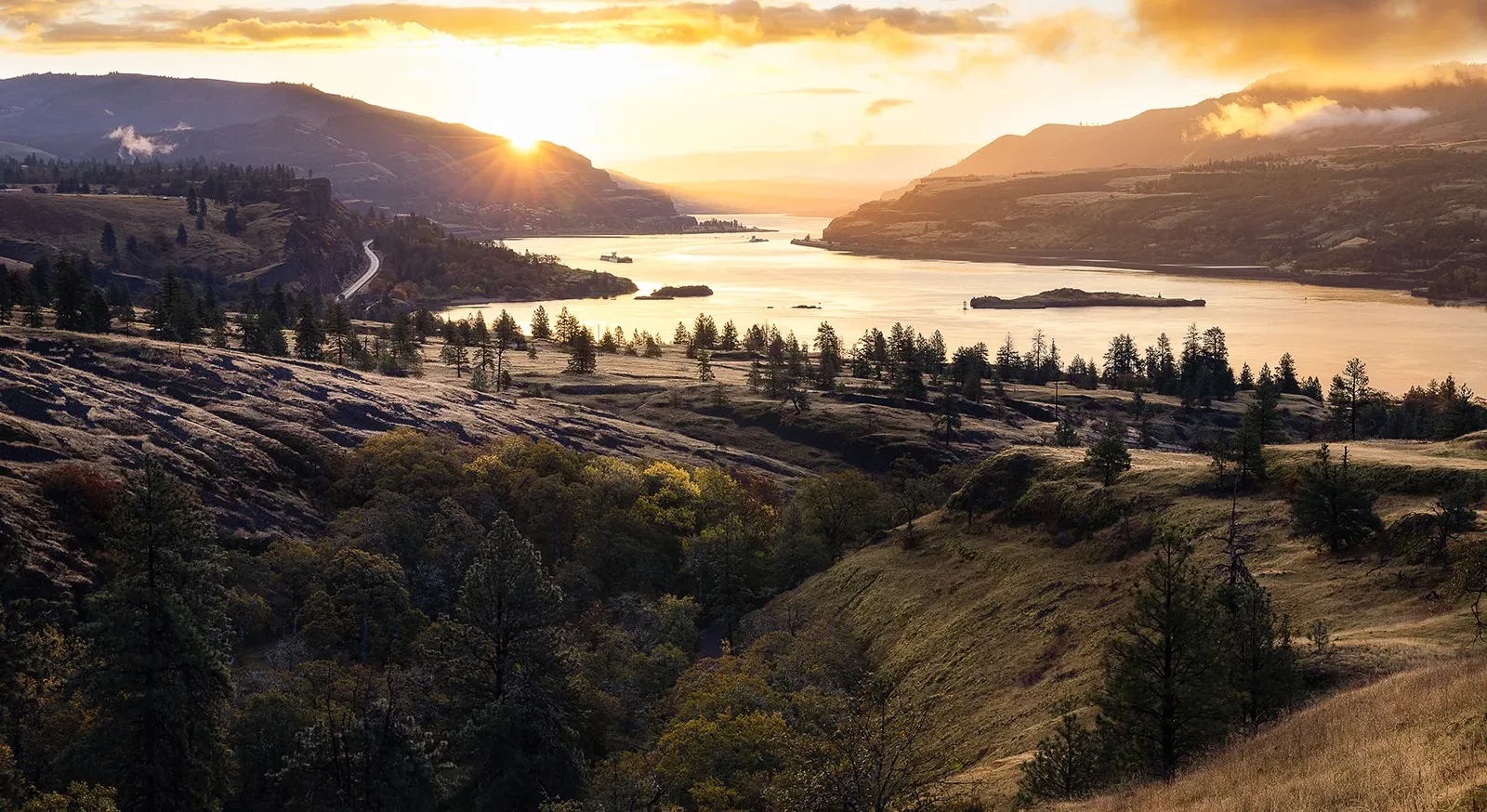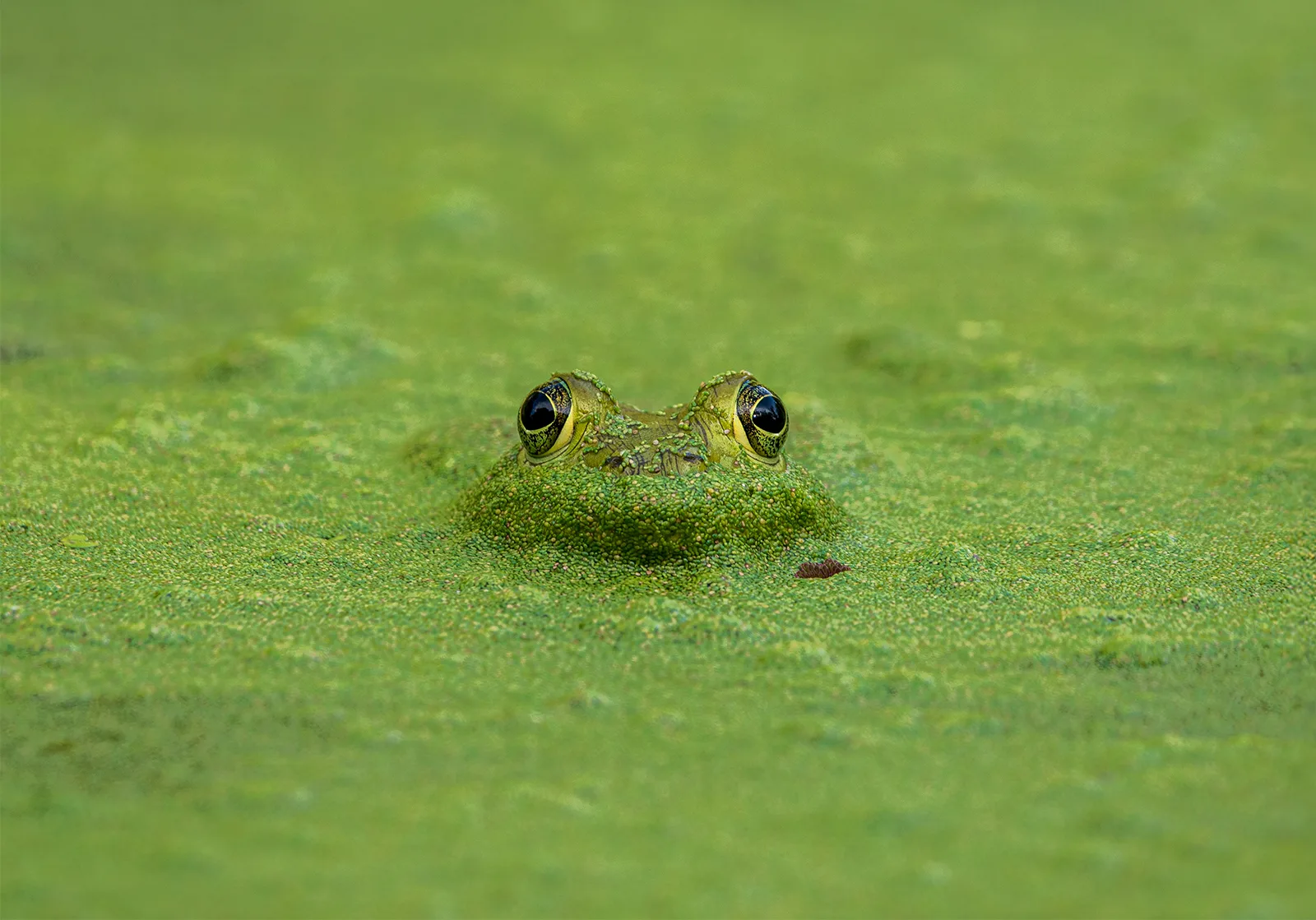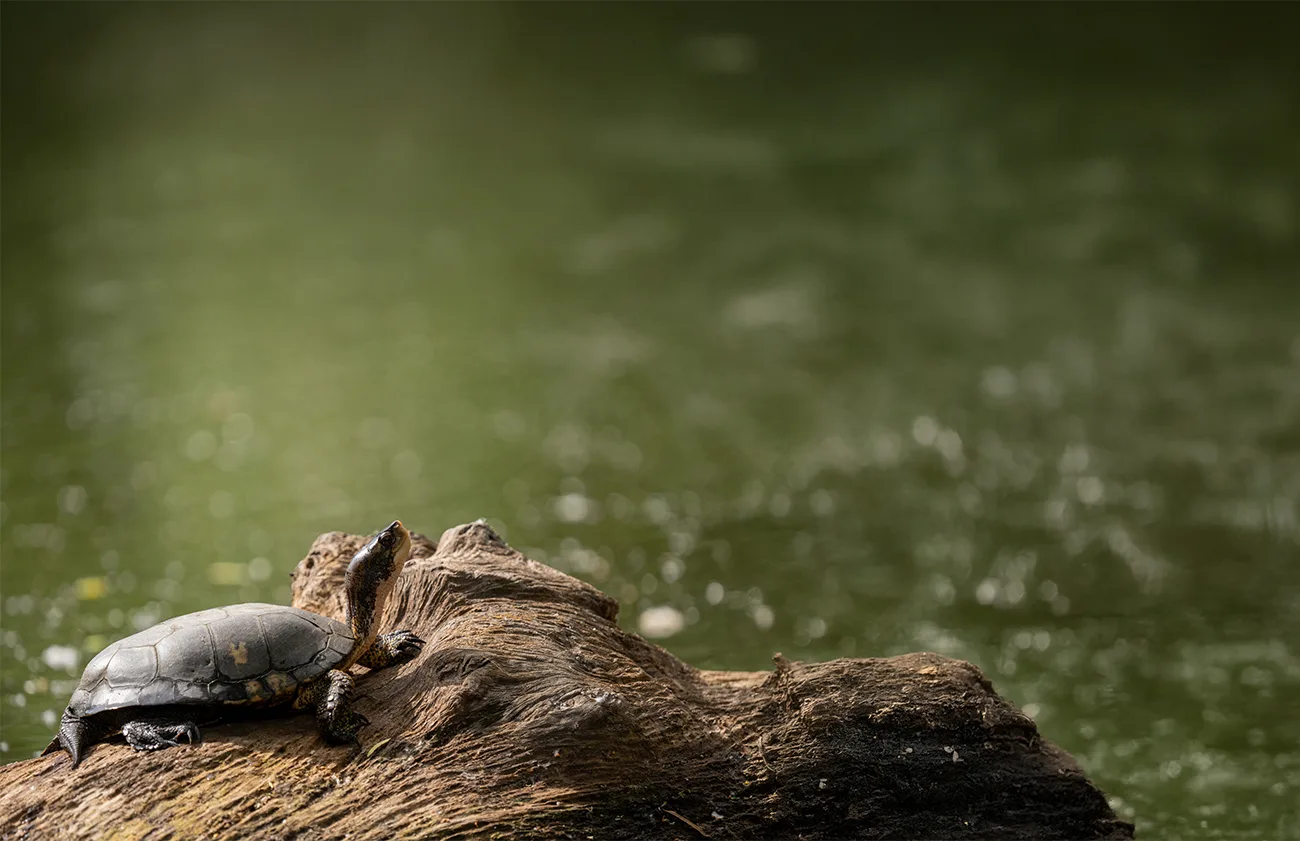The Trump administration’s FY26 budget proposes redirecting roughly $387 million from the Land and Water Conservation Fund’s (LWCF) federal land acquisition budget to fund “deferred maintenance”—that is, repairs to trails, visitor centers, and infrastructure, in addition to logging (see paragraph 4)—directly contradicting the Great American Outdoors Act (GAOA) that President Trump himself signed into law in 2020.
To be clear, Friends of the Columbia Gorge supports funding for deferred maintenance. But the LWCF was created specifically to fund land and water conservation, not deferred maintenance, which was addressed through a separate funding stream that was also established by the GAOA.
The LWCF, permanently codified by the GAOA in 2020, is funded entirely by royalties paid by energy companies for extracting oil and gas offshore, not taxpayer dollars. Congress passed the GAOA with broad bipartisan support to ensure that LWCF dollars could no longer be raided for unrelated programs. It was a landmark conservation victory, creating two distinct funding paths: one for land acquisition and protection (LWCF), and one for maintenance and repairs.
More importantly, we uncovered a sneaky footnote in the Department of the Interior’s (DOI) budget that reveals a disturbing paradigm shift.
“In 2026, DOI and USDA propose a new program for LWCF that supports investments in facilities and deferred maintenance to support high-priority objectives such as improved access to recreation activities and timber production.”
It’s unclear from the footnote’s language whether they plan to use these funds for deferred maintenance to facilitate logging (e.g., access to and maintenance of roads for timber transport) or to fund logging itself. Either way, this is a gross misuse of LWCF dollars that are intended to support conservation and recreation. DOI is attempting to insert timber production as a budget priority where it doesn’t belong and rebrand it as deferred maintenance, all while continuing to mislead the public that clearcuts don’t worsen wildfires (truth: they do) and degrade public lands.
Now, just five years after Trump signed the GAOA, the administration is flipping the script: “Screw that—we’ll just raid LWCF instead.” This move doesn’t just break a promise. It betrays one of the most significant bipartisan conservation achievements in a generation.
Key Impacts in the PNW and the Gorge
- Oregon has benefited from about $328 million in LWCF investments over the last 50 years, protecting iconic sites such as Crater Lake National Park, Hells Canyon National Recreation Area, John Day Fossil Beds National Monument, Three Sisters Wilderness, Mt. Hood National Forest, and the Columbia River Gorge National Scenic Area. In Washington, LWCF has contributed more than $710 million to fund conservation and recreation work at places like Mount Rainier, Olympic, and North Cascades National Parks; Gifford Pinchot National Forest; the Pacific Crest Trail; and the Gorge. If this funding stream is eliminated, future conservation projects will be dead on arrival, and public access to federally owned lands could be irreversibly lost over time.
- Every year, more land in the Columbia River Gorge National Scenic Area is protected thanks to the LWCF. The program provides funds for state and federal agencies to acquire land from willing sellers for parks and trails, fish and wildlife, and to ensure that significant national landscapes are preserved for future generations. In Oregon, places like Memaloose Hills, Sandy River Delta, and Tom McCall Point have been protected thanks to LWCF, and in Washington, LWCF funding has saved sites like Cape Horn, Catherine Creek, Major Creek, Steigerwald Lake National Wildlife Refuge, and Table Mountain.
- Across the Pacific Northwest, outdoor recreation drives hundreds of millions in economic activity, but that economic benefit relies on access. The proposed diversion of LWCF funds jeopardizes both recreation access and rural economies in the Gorge.
If enacted, this proposal would:
- Halt further protection of iconic Gorge landscapes, eventually leading to permanent loss of public access at beloved sites.
- Undermine wildlife habitat and opportunities for hiking, fishing, boating, biking, and wildlife viewing.
- Strip local communities of tourism‑driven revenue and recreation‑related jobs.
Friends of the Columbia Gorge stands with our colleagues and partners across the Pacific Northwest, including federal agencies, land trusts, tribes, and rural communities: Congress must defend the Land and Water Conservation Fund and uphold the law.




